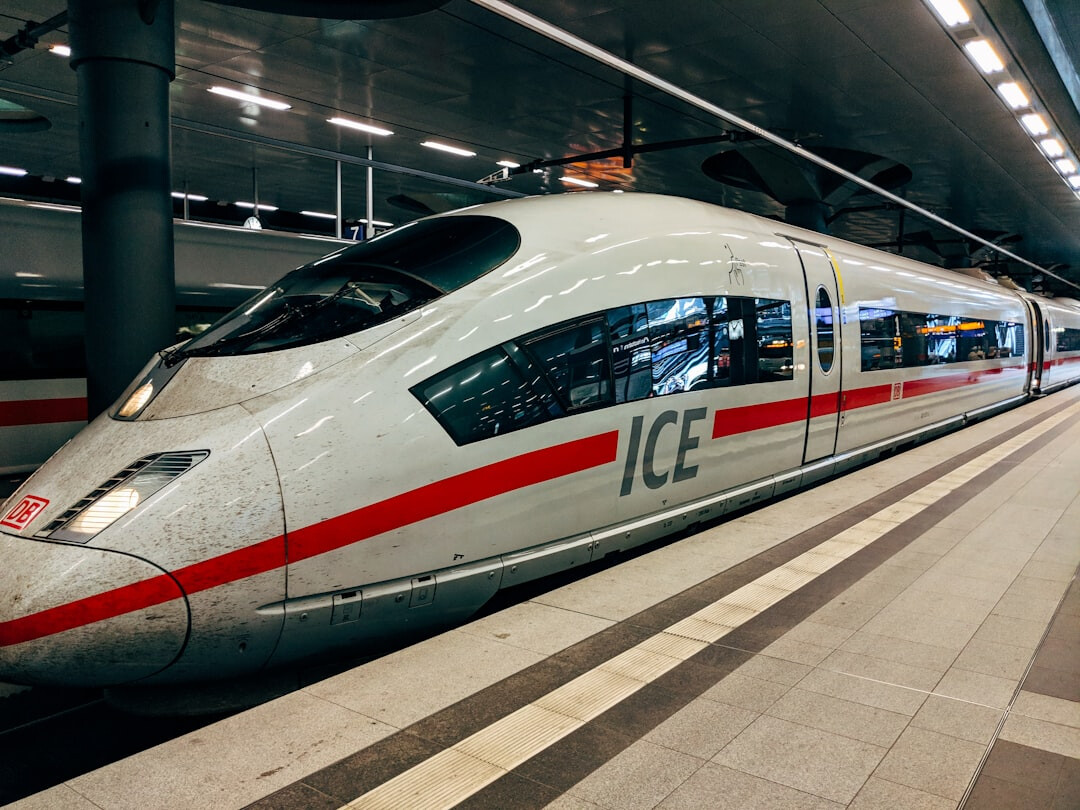
PARIS – The promising revival of continental night train travel has suffered a significant setback, as the popular Paris-Vienna and Paris-Berlin routes are slated to be permanently suspended from December 14, 2025. The French state rail operator, SNCF, confirmed the closure, citing the immediate necessity of state financial support to maintain the services, which the French Ministry of Transport is set to withdraw.
The announcement, relayed by the Austrian Federal Railways (OeBB) on September 29, effectively terminates a partnership with SNCF and Germany’s Deutsche Bahn (DB) that aimed to champion environmentally friendly travel across Europe. The Paris-Vienna route was relaunched in 2021, followed by the Paris-Berlin line in 2023, attracting a steady demand with an impressive 70% average occupancy this year.
Despite the strong public interest, night trains—especially those offering sleeper cars—face inherent profitability hurdles. Unlike daytime services where seats can be resold for different legs of a journey, sleeper compartments are tied to a single passenger for the entire trip, severely limiting revenue potential.
SNCF acknowledged the grim financial reality, stating that operating the service was "economically impossible without state subsidies," which amounted to approximately €10 million annually from the French government.
The decision has ignited a firestorm of criticism from rail advocates. The group 'Yes to the Night Train' claimed that the subsidy cut was a response to the operators' failure to deliver on their initial promise of a daily service, having only offered three trips per week. SNCF, however, countered that extensive and unavoidable construction projects across the French and German rail networks had made consistent daily operation unfeasible, pointing to a prolonged two-month suspension of the Paris-Berlin service just months after its launch.
The impending closure casts a long shadow over Europe's push for sustainable, long-distance rail travel, demonstrating the persistent financial vulnerability of night routes without consistent public funding.
[Copyright (c) Global Economic Times. All Rights Reserved.]




























